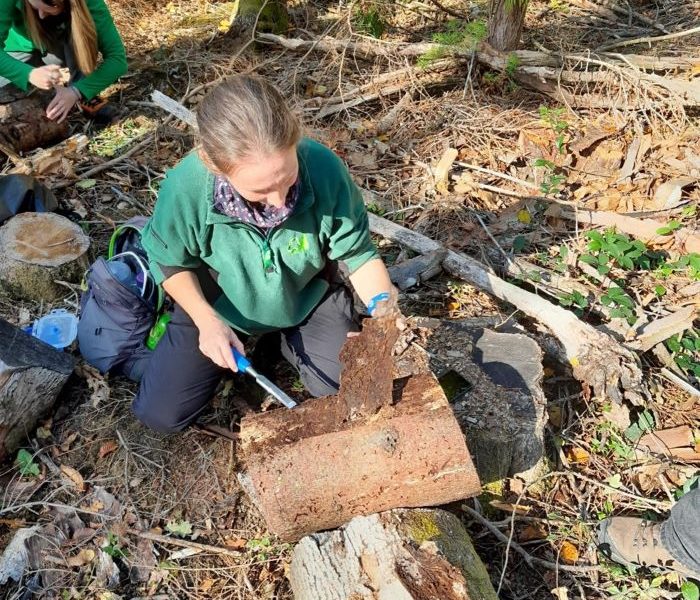We use some essential cookies to make this website work.
We’d like to set additional cookies to understand how you use forestresearch.gov.uk, remember your settings and improve our services.
We also use cookies set by other sites to help us deliver content from their services.

This document describes and reports on the first year of activities undertaken for the Welsh Plant Health Surveillance Network (WPHSN), a ground-breaking Welsh Government funded project to monitor native and invasive pests and pathogens that may pose a threat to health of plants and trees across Wales.
The different ways in which access to woodland and greenspace can be categorised, issues of accessibility and related and other practical considerations
Ecological benefits of greenspace and freshwater ecosystems in the urban environment
Ecological benefits of parks and gardens in urban greenspace, with benefits and case studies
Information on the ecological benefits of grasslands in the urban and peri-urban greenspace environment, including benefits and practical considerations
How urban greenspace can be used to provide an ideal setting for education and learning, and the potential of urban woodlands and greenspaces as an education and learning resource and case study examples
Urban greenspace can be used as a noise buffer to improve reduce noise pollution in urban areas
How the provision of greenspace can increase invertebrate biodiversity in the urban environment
Learn more about the Nature for Climate Fund (NCF), our role, and the research themes our work will cover.
Ongoing management of the Nottinghamshire colliery tip sites and regeneration objectives for South Yorkshire coalfields sites
Practical considerations for urban greenspace sites with regards to colonisation by particular invasive species
The benefits and practical considerations on the addition of compost to soil to improve soil quality in greenspace projects
Cookies are files saved on your phone, tablet or computer when you visit a website.
We use cookies to store information about how you use the dwi.gov.uk website, such as the pages you visit.
Find out more about cookies on forestresearch.gov.uk
We use 3 types of cookie. You can choose which cookies you're happy for us to use.
These essential cookies do things like remember your progress through a form. They always need to be on.
We use Google Analytics to measure how you use the website so we can improve it based on user needs. Google Analytics sets cookies that store anonymised information about: how you got to the site the pages you visit on forestresearch.gov.uk and how long you spend on each page what you click on while you're visiting the site
Some forestresearch.gov.uk pages may contain content from other sites, like YouTube or Flickr, which may set their own cookies. These sites are sometimes called ‘third party’ services. This tells us how many people are seeing the content and whether it’s useful.